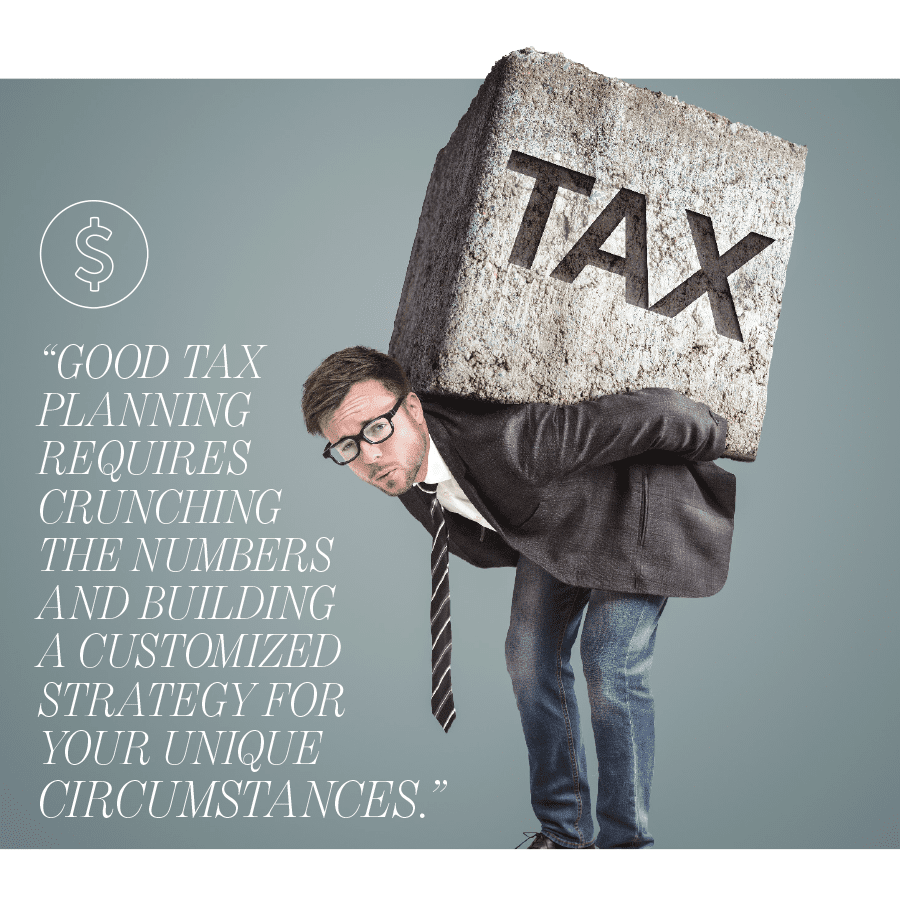October 29, 2025
Tax Strategy Questions with: Nathan Workman, Chandler Wealth Management

By Akers Editorial
Tax Strategy Questions with: Nathan Workman, Chandler Wealth Management

Expert: Nathan Workman
Expertise: Director of Legal and Tax Strategy for Chandler Wealth
Director of Legal and Tax Strategy for Chandler Wealth, which provides estate planning, tax strategy, investment management and more. A licensed attorney with two decades of tax experience, Nathan incorporates his legal insight and investment expertise when advising clients.
Q: What are the most common tax mistakes retirees make?
A: #1 Going to the wrong source for advice.
Tax preparers and tax planners have different focuses. Most tax preparers focus on your current tax year, while a tax planner looks at how your investment decisions will impact your future. A tax preparer might advise you on the tax impact of converting a traditional IRA to a Roth but might not have the tools to calculate the optimal path of how much to convert each year over the next decade to maximize potential tax savings.
At Chandler Wealth Management, we do both tax planning and preparation, which makes us unique. Using our expertise and specialized software, we can run the math on different strategies to see what results in the best outcome for your situation. Our tools model what your net worth and tax obligations are likely to be in future years, allowing us to make changes today to avoid problems before they occur.

A: #2 Misunderstanding benefits and consequences.
All financial decisions involve a balancing act. The more money you make, the more taxes you generally owe. However, hyperfocusing on minimizing taxes can lead to bad decisions that negatively impact investment performance.
Everyone’s goal should be to pay the least amount of tax on the most amount of gain. Would you rather pay a 5% tax rate on $500,000 of income or a 10% tax rate on $1,000,000 of income? The tax efficiency of planning strategies is measured in how they impact the client’s net return after taxes, not just how they reduce marginal or effective tax rate.
A: #3 Thinking a strategy that worked for someone else will work for you.
People read articles online and conclude that the information applies to their tax situation, but there’s very little tax advice applicable to the general population. Strategies change as frequently as the tax code. What was true in 2020 may not be in 2025.
Sometimes the same strategy causes one client to pay more in taxes and another to pay less in taxes due to differences in the types of assets and eligibility for deductions. Good tax planning requires crunching the numbers and building a customized strategy for your unique circumstances.










































